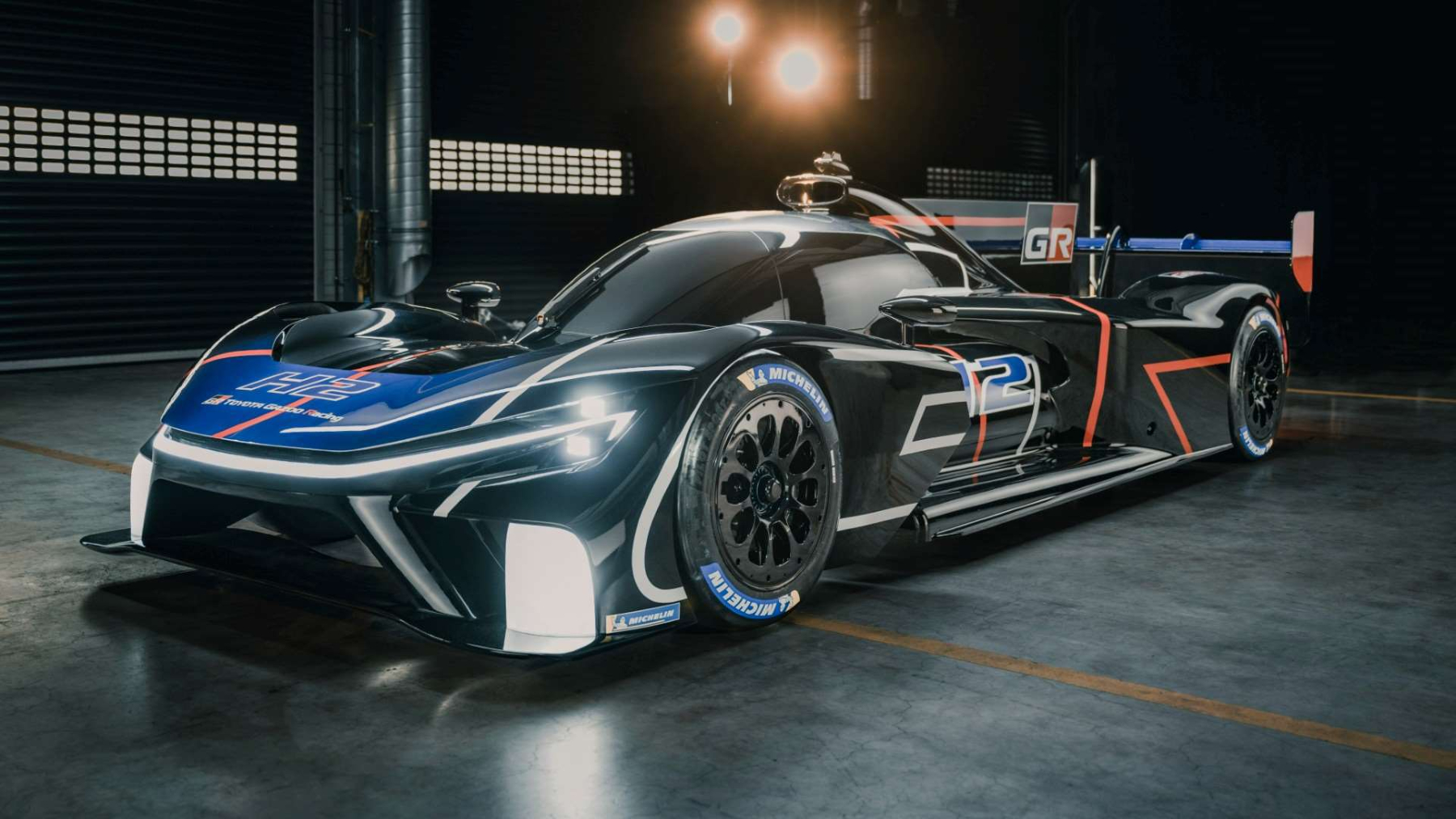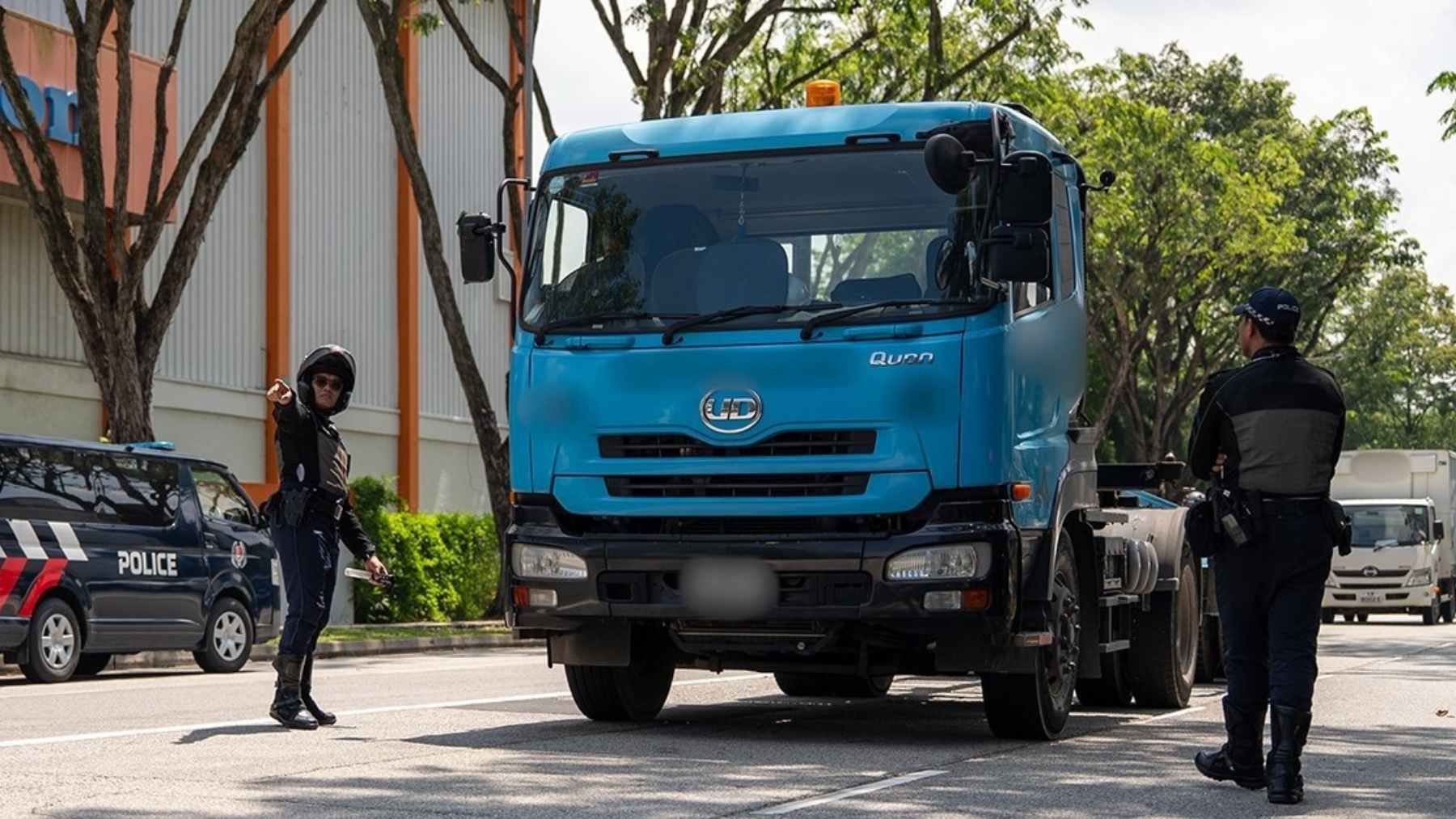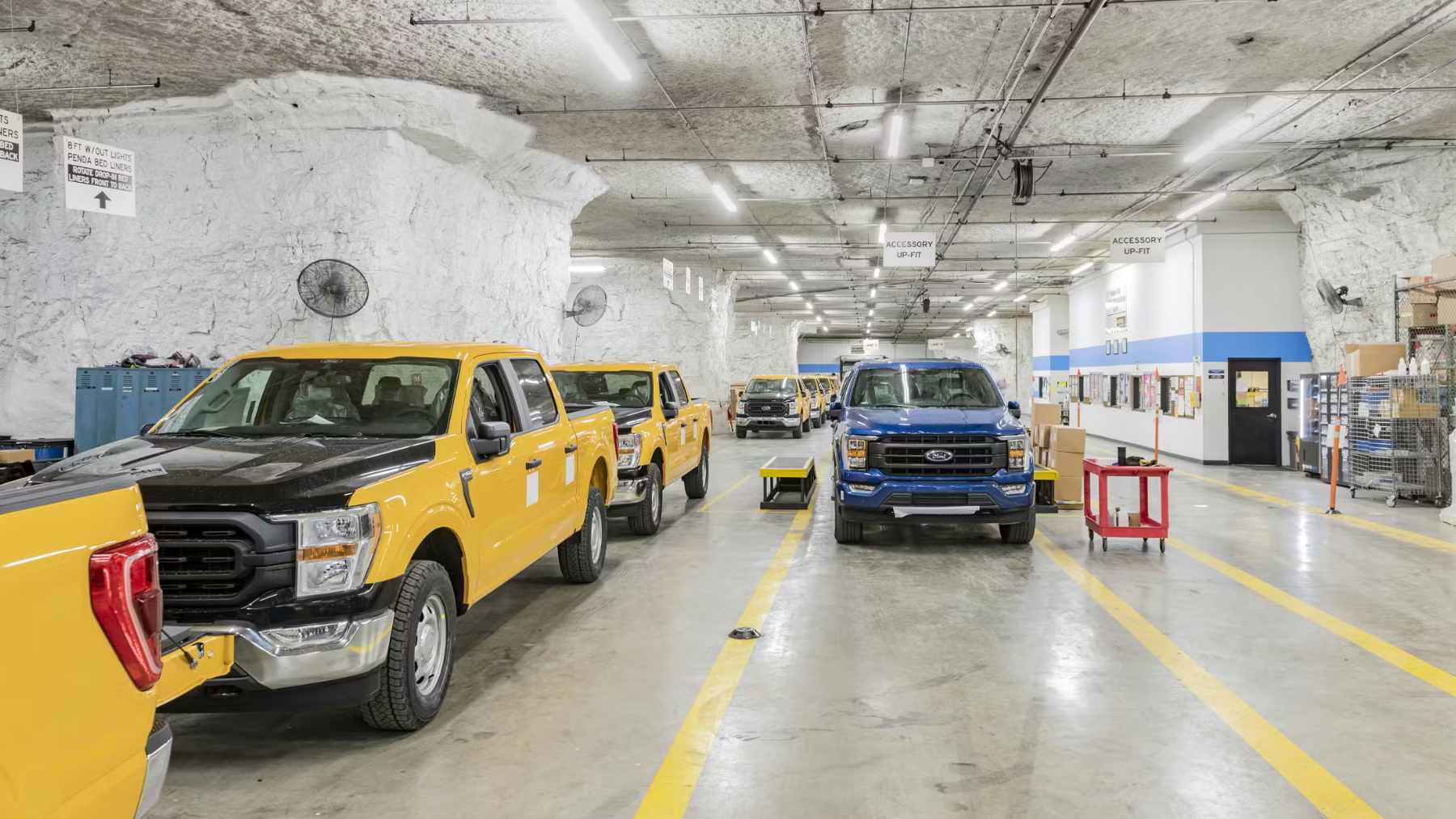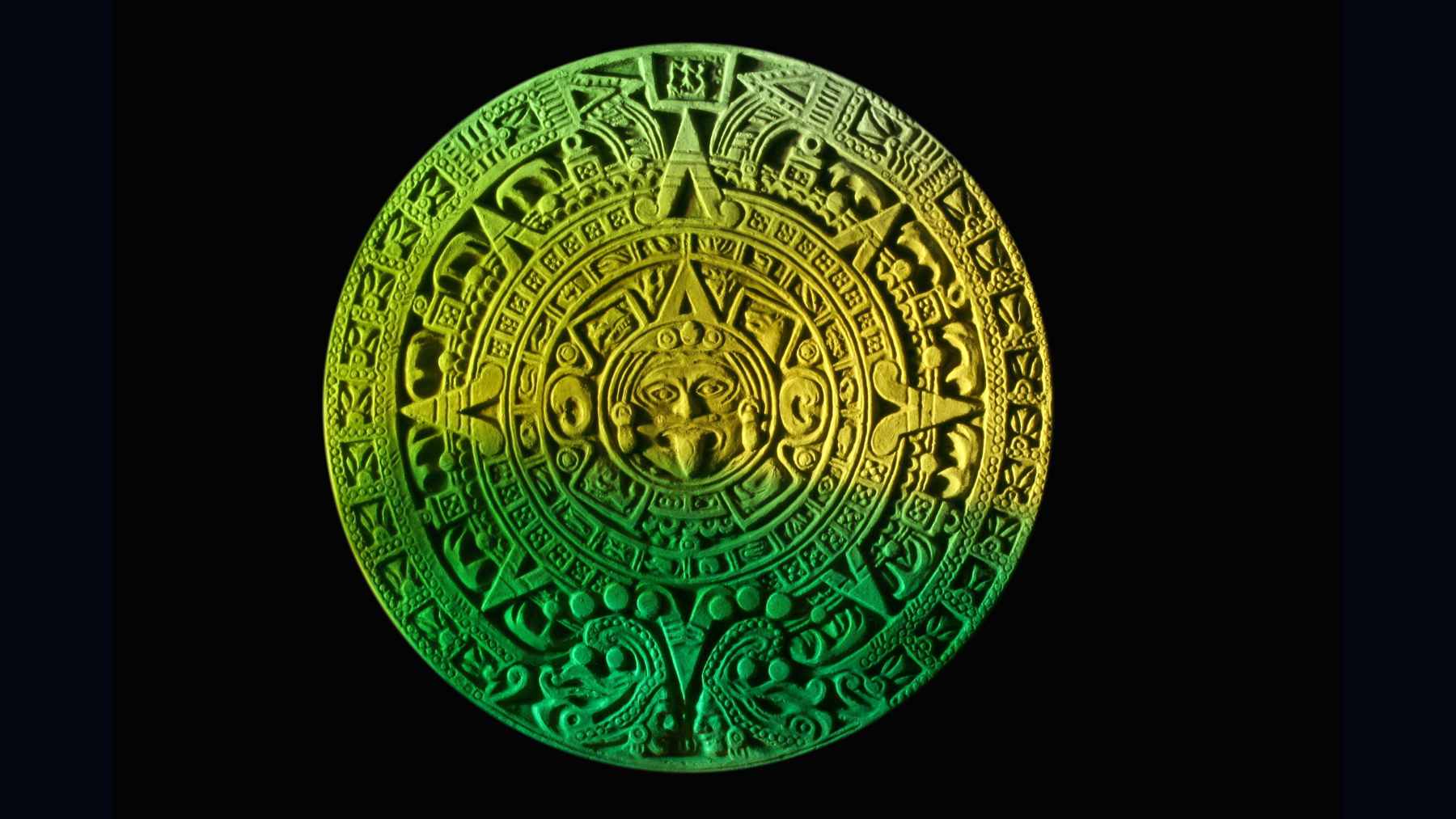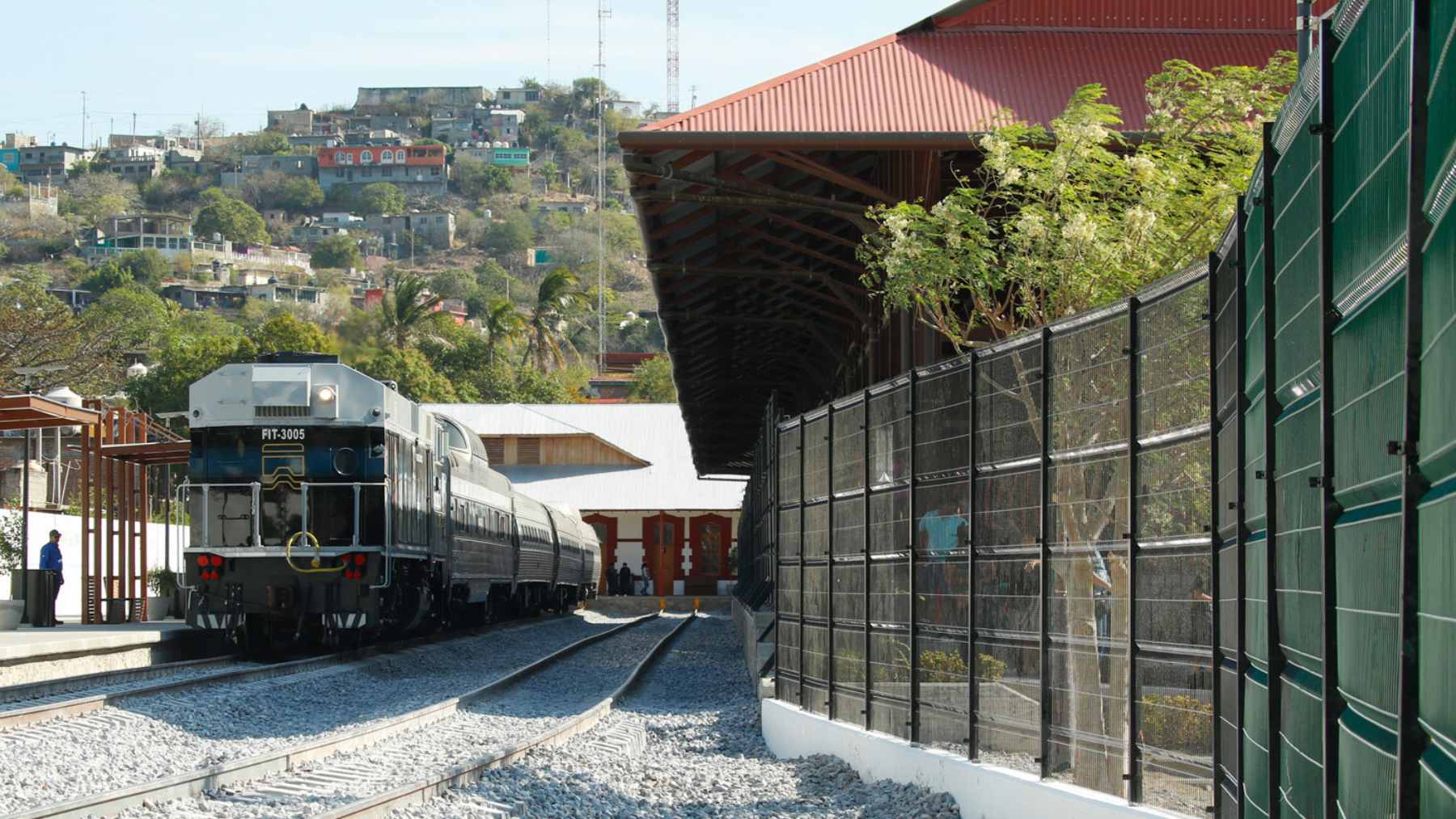Toyota has been on the frontline in developing motor vehicles with advanced technologies in sustainability. While most carmakers today target purely electric vehicles, Toyota has been building hydrogen technology for years. Now, the latest symbol of Toyota’s commitment to the cause of tackling climate change is their 22nd-century hydrogen prototype – although if you really want picky, it might be classified more as an electric vehicle with a twist.
This is how Toyota transformed hydrogen technology in 1992
Toyota embarked on a hydrogen journey in 1992, and they have remained consistent to date. To this end, by 2014, they launched the fuel cell in the Toyota Mirai which is now one of the key aspects of Green initiatives in the company. Unlike battery-powered vehicles, hydrogen technology offers a unique advantage: no emission with the potential to travel long distances and be refuelled quickly.
Presenting it in 2022, Toyota has unveiled the H2 Corolla – a racing car that runs on liquid hydrogen fuel. This vehicle demonstrated the possibility of using hydrogen combustion engines and their applicability under aggressive conditions at the Super Taikyu Fuji 24-hour Race. With huge progress, Toyota is editing its hydrogen engines for long-lasting and remarkable efficiency that would shape the future automotive world.
Revealed: Toyota’s 22nd-century prototype levels the playing field
The company’s latest test fuel cell car model, which Toyota released in 2024, aims to fix past issues while offering innovation. One significant improvement here is the increase in the service life of the liquid hydrogen pump, whose design incorporates a dual-drive crank. This makes for symmetrical movement, leading to reduced wear and enhanced usage reliability after some time.
There is even the shaped hydrogen tank as the other notable feature of this model. In contrast to the existing round designs that tend to make the cabins very small space-wise, the new oval-shaped tank, in addition to the fact that it can hold 1.5 times more material, does not have any effects on the space of the cabins. This particular improves the cruising range by a factor of two compared to previous versions of the model, making the new prototype more viable for daily use.
Here’s why hydrogen-powered vehicles remain a promising car manufacturing and transportation future.
Today, electric vehicles (EVs) get all the attention, however, hydrogen technology is well worth exploring when we look at specific use cases. Liquid hydrogen has a high energy density compared to gaseous hydrogen, which will suit vehicles like trucks and buses. It also supports quicker refuel time than the electric vehicle, hence its strategic importance for industries that require frequent turnaround time.
Hydrogen-related advancements made by the Toyota automobile company demonstrate how the firm is keen on building a diverse range of environmentally friendly energy services. However, generating hydrogen has to be done using a sustainable process. Today, hydrogen is extracted from non-renewable resources, but Toyota and its partners are developing technologies to make this source more efficient and clean, heralding a future for hydrogen as a genuine environmentally friendly fuel.
Collaborating with partners: The path to innovation and Impact for Toyota
On its part, Toyota has found hydrogen strategic partnerships to be a strong pillar of its innovations. Digitizing had been possible with the cooperation of companies such as Shinko Industries to develop fuel tank designs and production. This teamwork aligns with Toyota’s general policy on environmental conservation and its position as a world-accredited user of environmentally friendly innovations.
As Akio Toyoda, Toyota’s chairman, states: “Its fruit will be the purpose in which we act, the passion with which we do so.” Following this philosophy, Toyota engineers are ready to achieve what is possible and provide a brilliant solution that matches the market needs and cares about the Earth.
Toyota and Volkswagen are both committed to the revolution, and the recent 22nd-century hydrogen prototype announced by Toyota reaffirms the company’s dedication to the concept. From developing the technology of hydrogen fuel cells to building cars that can absorb CO2, Toyota is going green. The hydrogen vs electric car argument rages on, but Toyota’s vision is all-encompassing to make both technologies a critical game plan to attain carbon-neutral goals.
